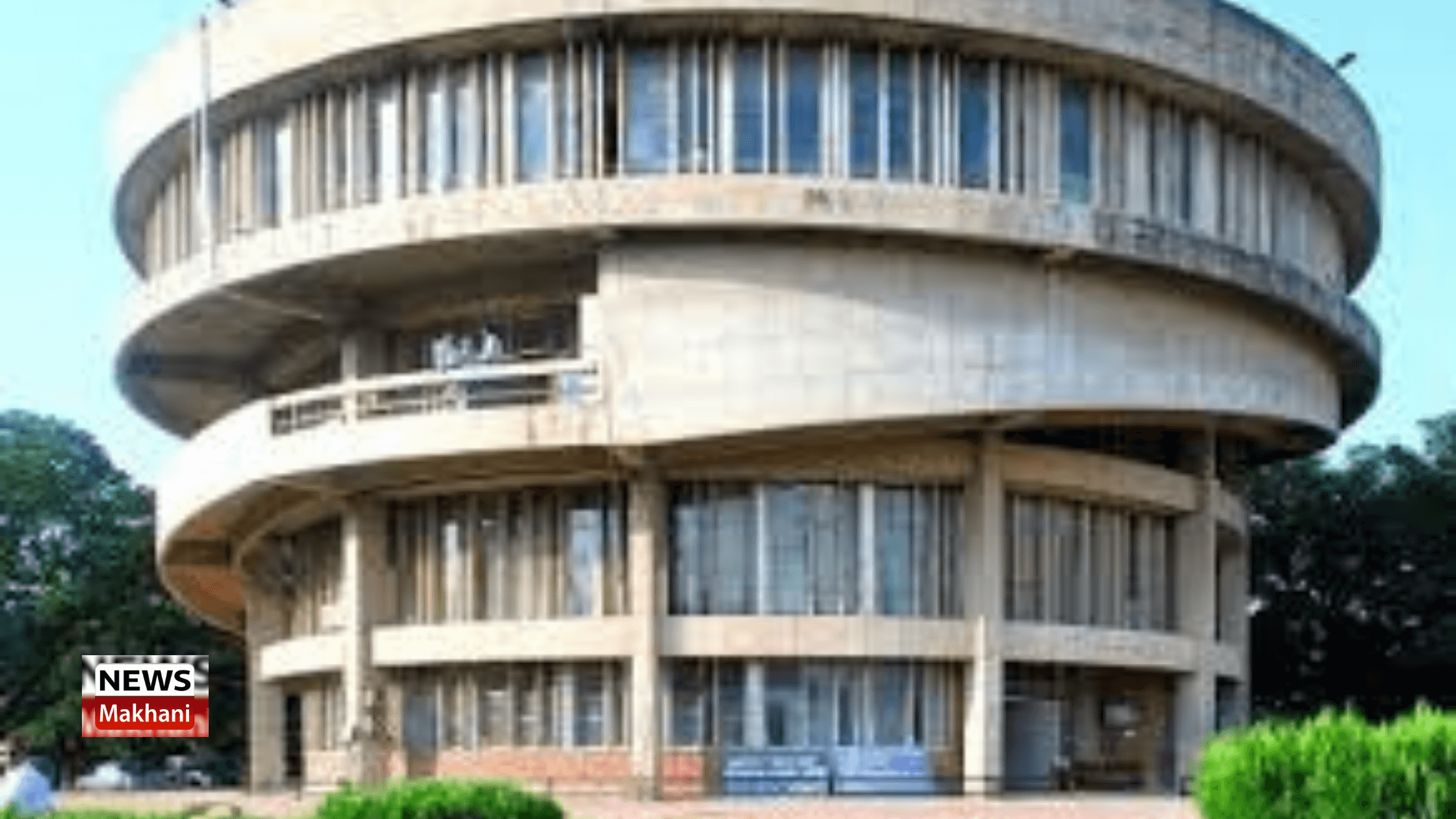Constitution Day Lecture at PU
Chandigarh, November 27
Professor KK Kailash of Hyderabad Central University made a presentation on ‘Generations of Constitutional Studies in India’ in the Department of Political Science, Panjab University to commemorate the constitution day.
The lecture was presided by Professor V. R. Sinha, Dean Research, Panjab University. Professor Sinha in his inaugural remarks drew the attention of the faculty members, research scholars and the students that as citizens we are committed to the supreme law of the land in the form of the constitution which is both a sacred and a living document.
Welcoming the speaker Professor Ashutosh Kumar pointed out that the Constitution of India performs the following task: setting up the institutional-legal design of democracy; structuring the norms and values that govern the democratic politics; mapping out the rules of the game by introducing checks and balances; establishing both elected and non-elected institutions and finally giving us a vision of what it means to be an Indian citizen. Recalling the dominant concerns of the constituent assembly members who faced huge challenges, he referred how while framing the constitution they were committed to establish and strengthen democratic institutions, ensuring national unity, integrity and security and to bring about social and economic changes for the betterment of marginal people and groups.
Professor KK Kailash in his Constitution Day lecture, presented an overview of the academic literature in the form of commentaries and treatises by the legal luminaries, law and social sciences academics that has come up in the last seven decades of our independence. He classified them into four generations chronologically and showed how they have been thematically distinct from each other in terms of their research focus. The first generation of literature on the constitution reading was legalistic, descriptive and morphological in nature burdened by constitutional history of India. There was an attempt in these works to read the Indian constitution in terms of colonial legal and constitutional reforms, evolution of norms, conventions and procedures after its commencement.
He further added that these texts also entailed the comparison of the Indian Constitution with the liberal constitutions of older democracies. Second generation of the studies focused on the social, cultural and political milieu that shaped the minds of the constitution makers. It also focused on the ideological strands that influenced the making of the constitution. Also was an attempt to relate the foundational principles enshrined in the constitution to the cherished principles that guided the nationalist movement in India. The third generation of the studies focused on the ensuing debates about some of the constitutional provisions related to secularism, affirmative action, rights, citizenship, welfare, role of the state, among others from a political sociological perspective. Fourth and the current generation of studies are being undertaken by former graduates of national law schools of India who due to their advantage of being trained both in constitutional law and also social sciences have been undertaking legal-theoretical studies of the Constitution of India which are political also in the nature. Their focus has been mainly on the public institutions and offices of India setup under the Constitutional provisions, the doctrines like basic structure and also a deeper analysis of the constituent assembly debates.

 हिंदी
हिंदी






